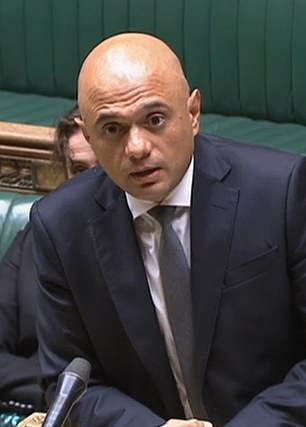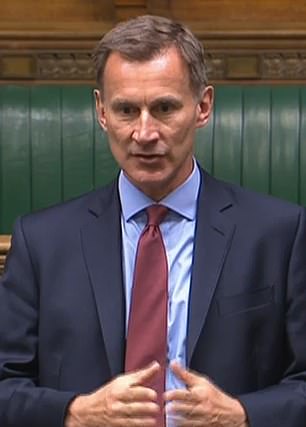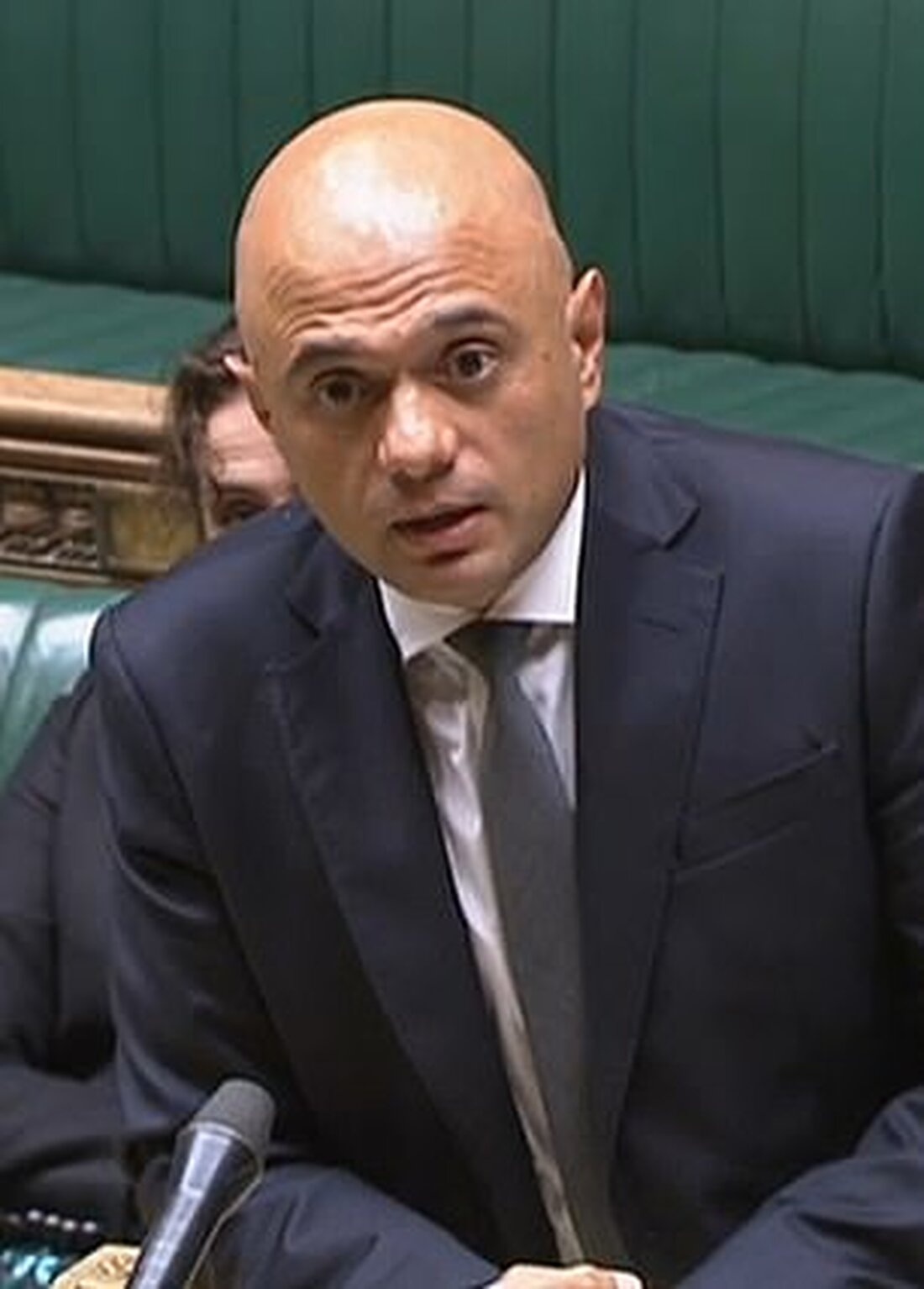Sajid Javid today vowed to stop hundreds of patients with autism and learning difficulties being unfairly “locked up” in mental health facilities.
The Health Secretary announced the Government's "unique" reforms to the Mental Health Bill.
He said the “significant” plans would make it harder for people with autism or learning difficulties to be legally institutionalized.
New proposals mean people can no longer be detained under the Mental Health Act simply because they have the conditions.
Instead, they can now only be separated if they “pose a significant risk to themselves or others” due to separate mental illnesses, Mr Javid said.
But Jeremy Hunt, who previously held the role of Mr Javid, said the plan was not enough to help up to 2,000 people with autism and learning difficulties who are currently trapped in secure facilities.
The new legislation - which updates a 1983 bill - will also make it harder to be wrongfully imprisoned.
It will result in patients with mental illness having “more control over their care and treatment.”
Today's announcement comes after Mr Javid opened up about his eldest brother's suicide four years ago and said he was still struggling with survivor's guilt.


Sajid Javid announced the Government's "unique" reforms to mental health care in the Mental Health Bill this afternoon
Javid's 51-year-old brother Tariq killed himself in Horsham, Sussex, in July 2018, shortly after checking into a five-star country house hotel.
He described his family's struggle to come to terms with their loss as he visited the London headquarters of suicide charity Papyrus on Friday.
Announcing the new bill in the House of Commons today, Mr Javid said: “One of my priorities in this role is personalized care and the current blanket approach must not continue.
"It means too many autistic people and people with a learning disability are institutionalized when they would be better served in the community. This bill will change that.
“It limits the scope to detain people with learning disabilities and autistic people for treatment unless they have a mental illness that warrants a longer stay or if they are approved by the criminal justice system.”
He added that the government could not undertake "crucial reforms" such as a new 10-year mental health plan and a 10-year suicide prevention plan "without ensuring that the law that underpins our country's mental health system is up to date. Date also".
Mr Javid said: "Since the 1983 Act, our understanding and attitudes to mental health have changed beyond recognition. And it is right that we act now to bring this up to date.
“The Mental Health Act was created so that people with serious mental illnesses who pose a danger to themselves or others can be safely detained and treated for their own protection and the protection of those around them.
“But there are a number of alarming problems with the way the law is currently applied: too many people are being detained.
"They are being held for too long. And there are also inequalities among those detained."
He added: “The bill rebalances the criteria for detention so that it is only used as a last resort when all other options have been examined and considered.
“Under the new criteria, people will only be detained if they pose a significant risk of harm to themselves and others, and patients should only be detained if they will benefit from the treatment made possible by their detention.”
Mr Javid also claimed that the law will give patients "more control over their care and treatment" by ensuring that "in most cases, clinicians can only provide compulsory treatment if there is a good reason to do so".
Afterwards, Mr Hunt, chairman of the Health and Social Care Committee, said he “wholeheartedly” supported Mr Javid’s statement.
But he said the current health minister's proposed reforms for people with autism did not go "far enough".
He said: “We still have 2,000 with autism and learning disabilities effectively locked up in secure facilities, even though they would be better off in the community.
“It’s a human rights scandal.”
Mr Hunt called on No10 to change the rules so that doctors have to reapply for a section every week, “so the system will be put under pressure to find a better solution”.
Tory MP Huw Merriman, chair of the all-party parliamentary group on autism, added that 61 per cent of people in mental health facilities have autism.
About 1,200 are incarcerated with the disease, he said.
Mr Javid said: “We are of course determined to reduce the number of people with learning disabilities and autism who are in psychiatric hospitals.
"As part of these plans, we will shortly publish the cross-government plan to build the right support to drive this progress. We will have more to say on this shortly."
Mr Javid said he would like to meet with Mr Hunt to discuss his subdivision proposal.

 Suche
Suche
 Mein Konto
Mein Konto

